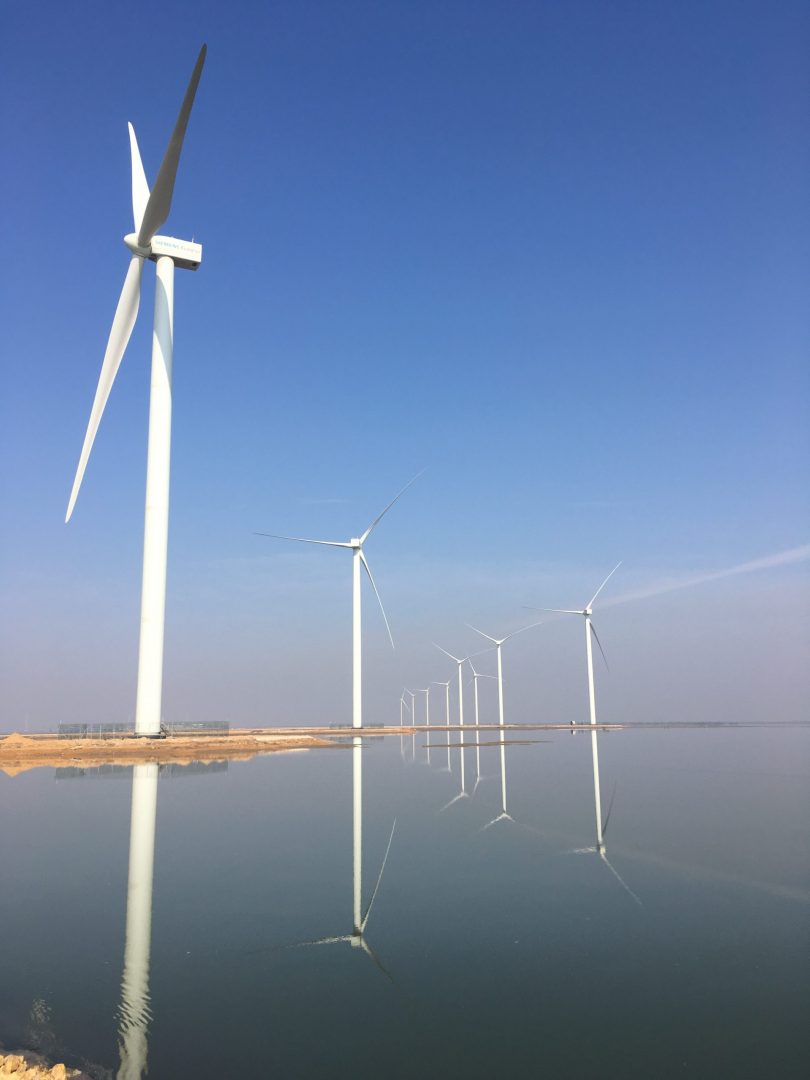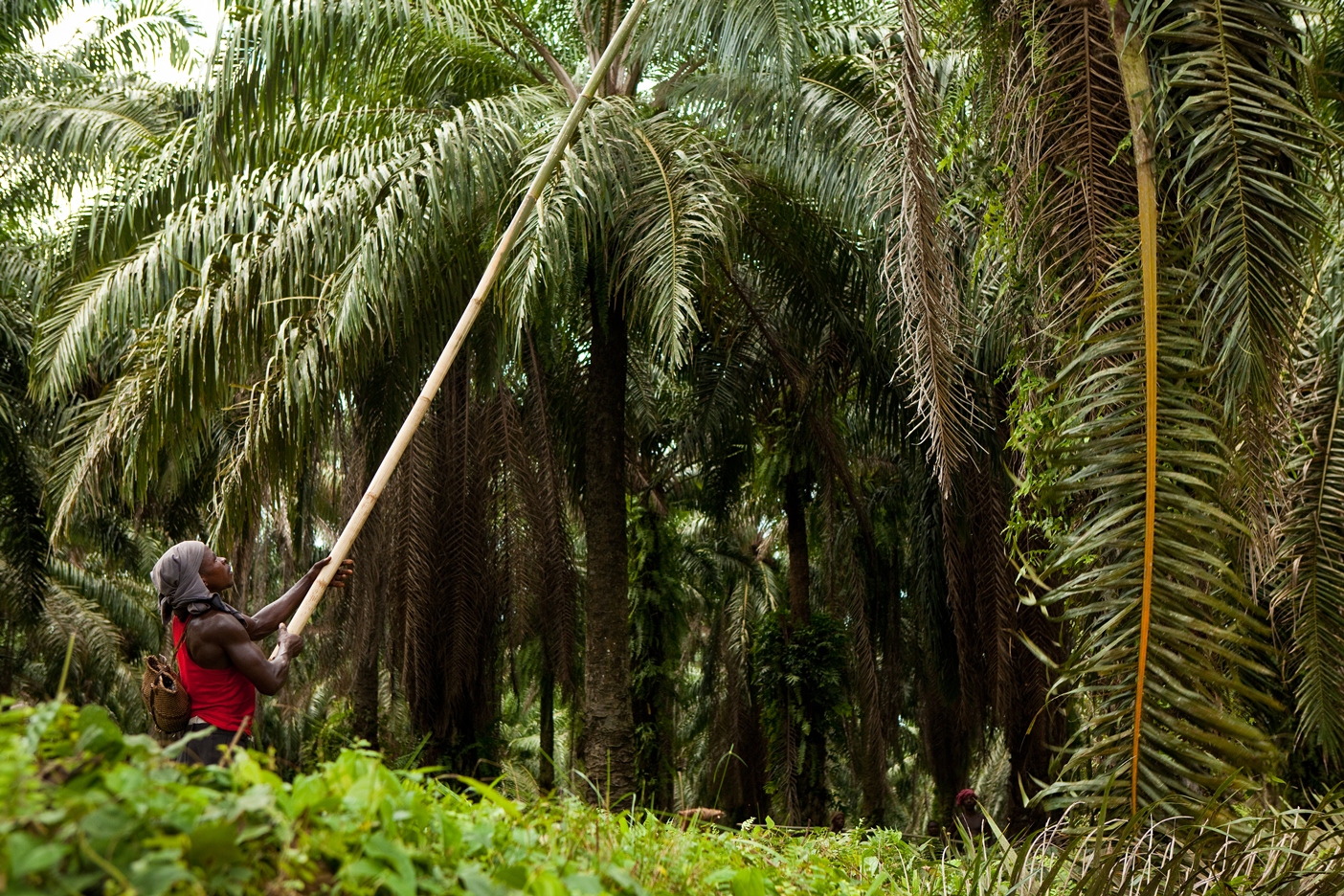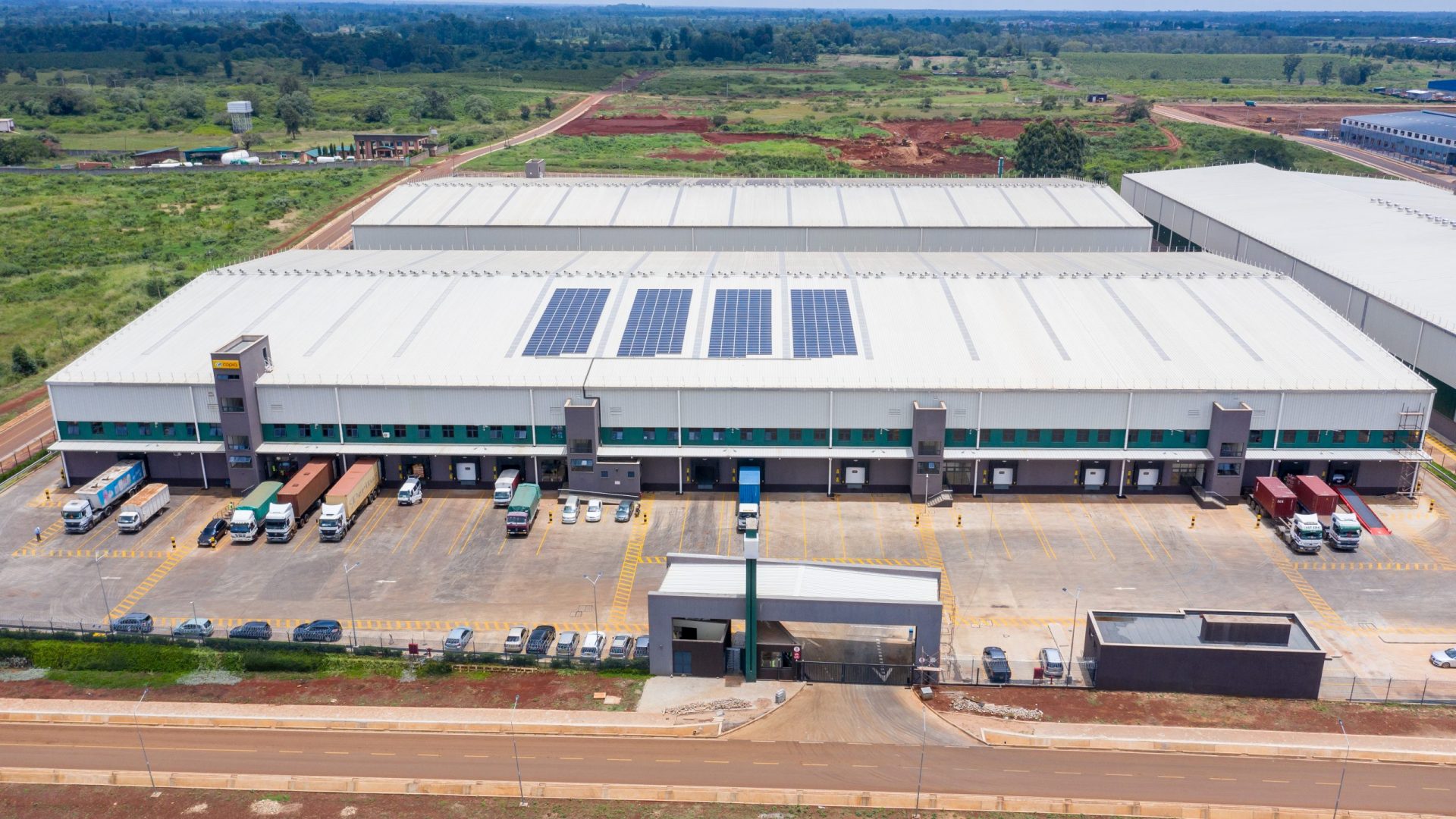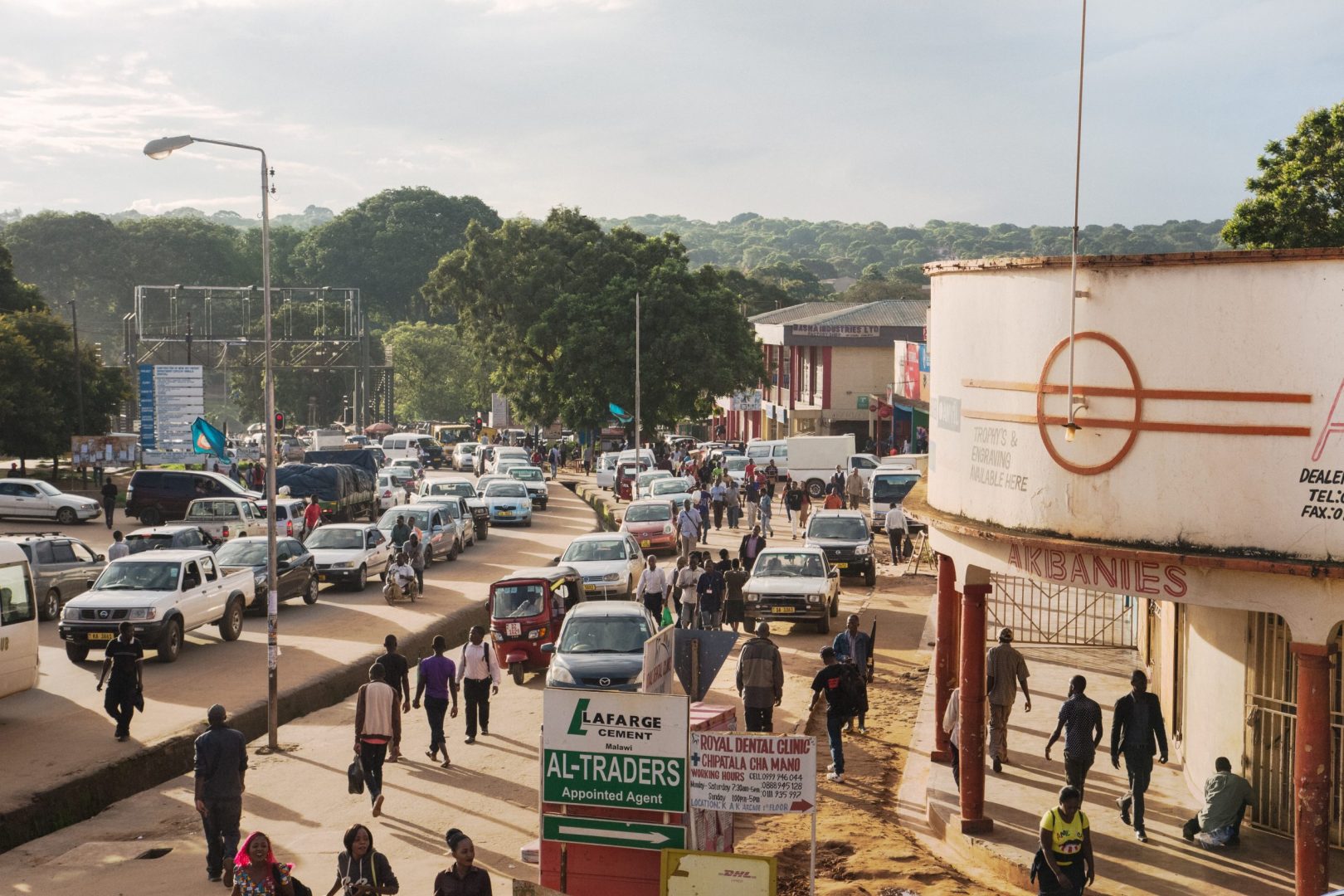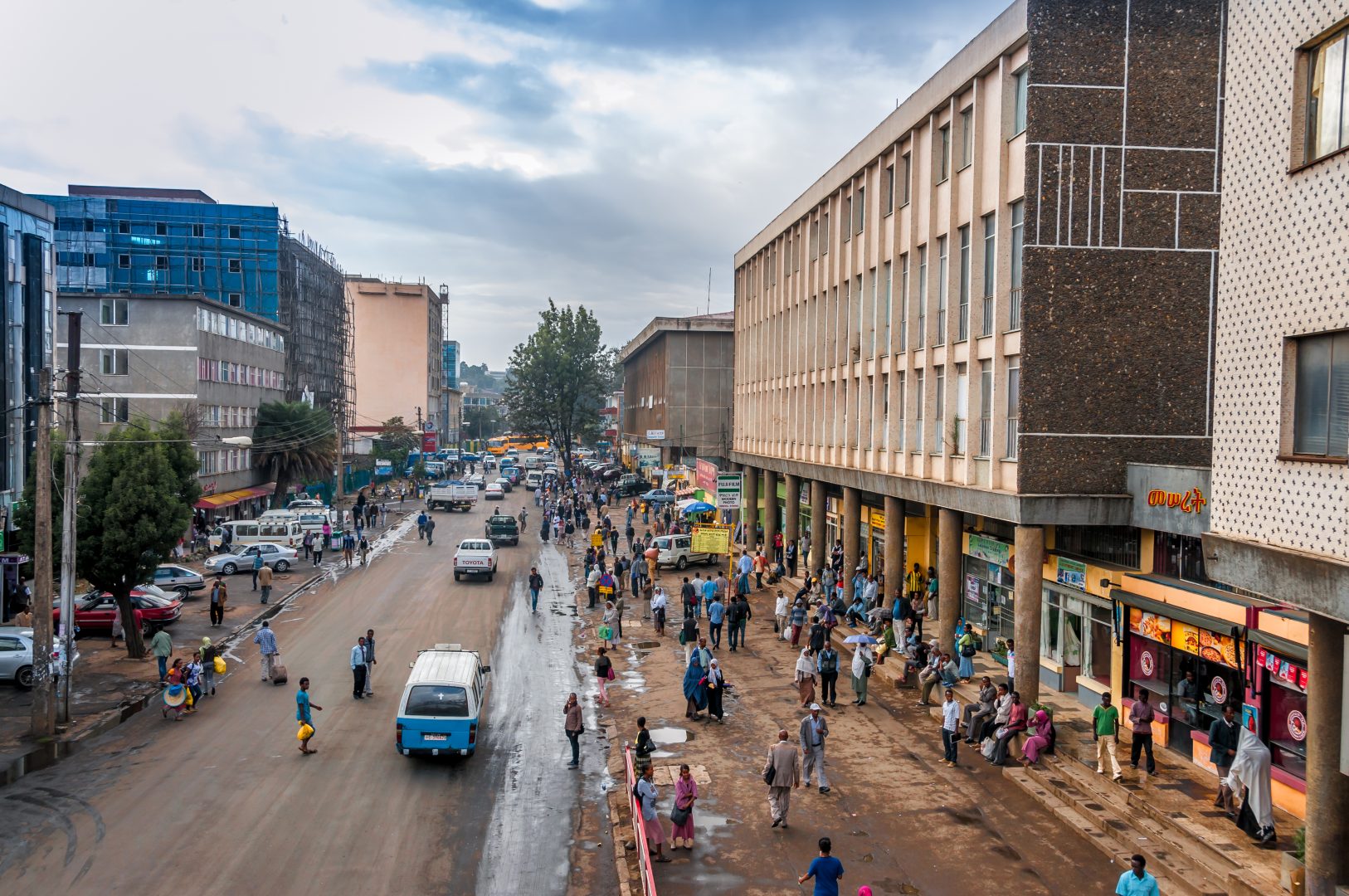Dr Frannie Léautier has been investing in Africa for over twenty years. Throughout that time, she’s seen the landscape change dramatically, from a scene dominated by large corporations investing in oil and gas at the turn of the millennium, to the digital and tech heavy picture of today.
After senior leadership roles at the World Bank Group, the African Development Bank and the Trade and Development Bank, authoring several books and lecturing at Sciences Po, MIT, Harvard and the University of Tokyo, Frannie is now Senior Partner at SouthBridge Group and Chief Executive Officer at Southbridge Investment, one of Africa’s foremost investors. At the end of April, she joined CDC’s Colin Buckley and Peter Maila to talk about how investors can benefit from Africa’s economic transformation.
You can watch a recording of the event here
“Africa has handled the pandemic very well, and has come out much less touched than one would have anticipated,” says Frannie. There are a couple of trends that savvy investors are looking at in particular: the demand that’s going to come out of the African Continental Free Trade Area, and the demand for energy. “Energy is a booming sector in Africa now, not only because of this growth in industrialisation and the demands that come with that, but also because of the urbanisation of Africa. So there are demands in cities, demands in industry and demands to connect up the rural areas. I was very surprised that the biggest winner in terms of the largest investment in the first quarter of 2021 has been the solar energy sector. So there are two trends moving at the same time, with investment in distributed renewable energy but at the same time investments in core infrastructure. For example now you can sell energy from Mozambique to Ethiopia.”
These trends, of course, are also being driven by what’s happening in the technology space. Peter Maila, Coverage Director for Africa at CDC, says that when it comes to economic development, infrastructure comes first, and innovative solutions that meet those infrastructure needs are moving fast. Right now, CDC is exploring investment in renewable energy technologies to promote economic growth and the wellbeing of communities who are burning wood or using diesel generators to fuel their homes. “CDC has provided capital to solar home system companies such as M-Kopa in Kenya and Uganda, PEG Africa in Ghana, Cote D’Ivoire and Senegal, and we have also invested in suppliers of off-grid technology for businesses such as Mettle Solar Africa which has developed solar installations across South Africa, Kenya, Namibia and the Seychelles. This is just the beginning.”
A big reason for the groundswell of innovation coming out of Africa right now is its young population: over 60 per cent of the population are under 25 years old. “This is a dynamic group of people who love to innovate and create, and that’s contributing to economic growth,” says Frannie. “It’s a continent and it has 54 countries and they’re very diverse but if you go one level deeper you’re talking about thousands of cities and millions of companies so when you hear about something happening in Africa, try not to focus on those unique events but to really focus on the diversity and opportunity that comes from millions of companies in thousands of cities in 54 different countries.
“Through the Continental Free Trade Area you can now think of a huge market in the future of up to 1.5 to 2 billion people. Africa also has a track record of managing risk: When I talk to potential investors about Africa I give the example of how well Ebola was dealt with, or about the current COVID-19 pandemic and how countries have succeeded in managing that. I talk about how the average person in Africa faces challenges that they manage very astutely and within tight constraints, which means if you bring financial resources into that space, innovation is going to take off. It’s already happened with mobile payment systems. Jumeme has distributed energy, for instance, and M-Kopa created smart grids. Social entrepreneurship has linked farmers to markets, which you can see from the example of Twiga Foods.”
Successful innovation in Africa is not just happening, it’s scaling, and there are wide opportunities to do more because there’s the land, space, market and population for exponential growth, says Frannie.
Peter agrees. “Just look at the untapped African coastline for offshore wind,” he says. “Each time I listen to discussions about climate change and people ask how we can resolve this, I say you can go to Africa, put an offshore wind farm anywhere on the coast and you could have one megawatt of clean, renewable power.” For him, the glass is never half empty or half full, but overflowing with opportunities.
This article is based on discussions at our recent event ‘Reimagining global governance and development in the post pandemic era’, part of our Insight event series. Catch up on the event recording, listen to the podcast below and find out about our future events.

